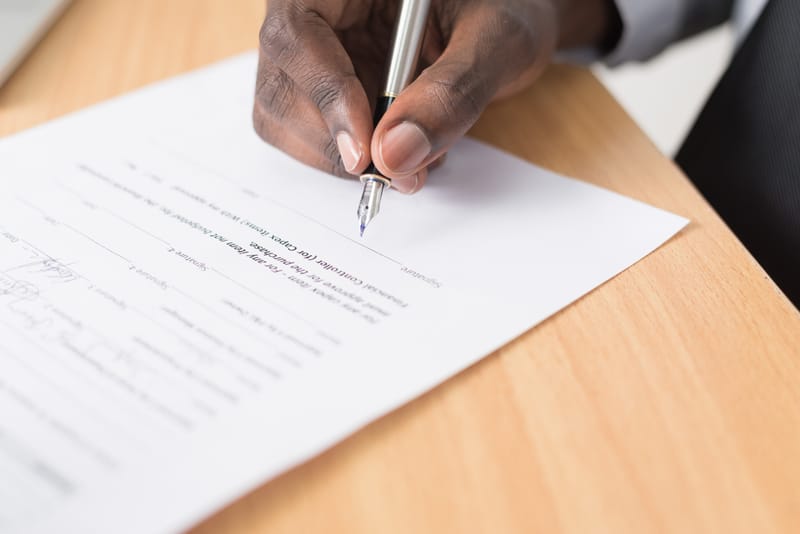Wills and Probate

No-one likes to think about passing away but having a Will can make a potentially complex situation easy for the loved ones you leave behind,
Having a Will means your hard-earned assets are received by the people you want them to go to. Otherwise the distribution of your possessions would follow the line of succession set our by law meaning that the people closest to you could lose out.
WHO CAN APPLY FOR PROBATE?
Only the executor named in the deceased’s will can apply for probate to administer their estate. If you have been named executor but don’t want to administer the estate yourself, we can apply for probate on your behalf. If someone dies without a Will, they are said to be intestate. The intestacy rules will say who can apply to administer the estate instead.
CAN YOU GET PROBATE IF THERE IS NO WILL?
You cannot obtain a Grant of Probate if there is no Will, but you can still administer the estate and distribute inheritance through a slightly different process.
The rules of intestacy set out who can apply to administer the estate with a Grant of Administration. Without a Will deciding how to pass on the assets, the administrator distributes inheritance according to the rules of intestacy. Only spouses, civil partners, children, and other close relatives can inherit under these rules.
CAN I CHALLENGE SOMEONE'S WILL?
You may be able to challenge or contest a Will if you think it doesn’t accurately represent the deceased’s intentions for their estate, or because you think it is invalid for other reasons.
You can contest a will if:
- The Will has been forged
- The deceased had reduced mental capacity when writing their Will
- The deceased was under undue influence when writing their Will
- You were financially dependent on the deceased and the Will doesn’t provide for you (as required by the Inheritance Act).
CAN A WILL BE CHANGED AFTER DEATH?
You can change a valid Will, but you can only make changes to the share of the inheritance that it has given you. For example, you could:
- Give specific assets to different people instead
- Give away your whole entitlement
- Reduce inheritance tax
- Use your inheritance to set up a trust for your family.
You will need to apply for a document called a deed of variation, or a deed of family arrangement, to do this. Changing a will after someone dies can be a tricky process. Please contact Ms Burton on 0151 355 8481 if you need advice and we can guide you through the process.
WHAT RIGHTS DOES A BENEFICIARY HAVE?
A beneficiary is someone who is due to receive an inheritance from an estate. If you’re a beneficiary of a Will, you’ll have certain rights that the executor of the estate needs to abide by. If the deceased has left a valid Will, the beneficiaries of their estate will be named in the Will. If there is no valid Will, the beneficiaries will be chosen according to the intestacy rules.
Beneficiaries have a right to information during the probate process. It is the executor’s responsibility to keep beneficiaries up-to-date with how the estate administration is progressing. They must keep accounts for the estate and show them to beneficiaries when asked.
Beneficiaries can take legal action against an executor if they breach these rights or if the executor is otherwise mismanaging the estate.
Having a Will means that the people closest to you will be aware of you wishes, meaning that it is less likely that there will be contention with what you wanted.
Here are Jacobs we will out your wishes to paper in a clear concise way that leaves no question about what you want. We can advise of any difficulties you may face and ways of resolving the.
We can advise on tax implications and the impact a will can have on care home fees.



